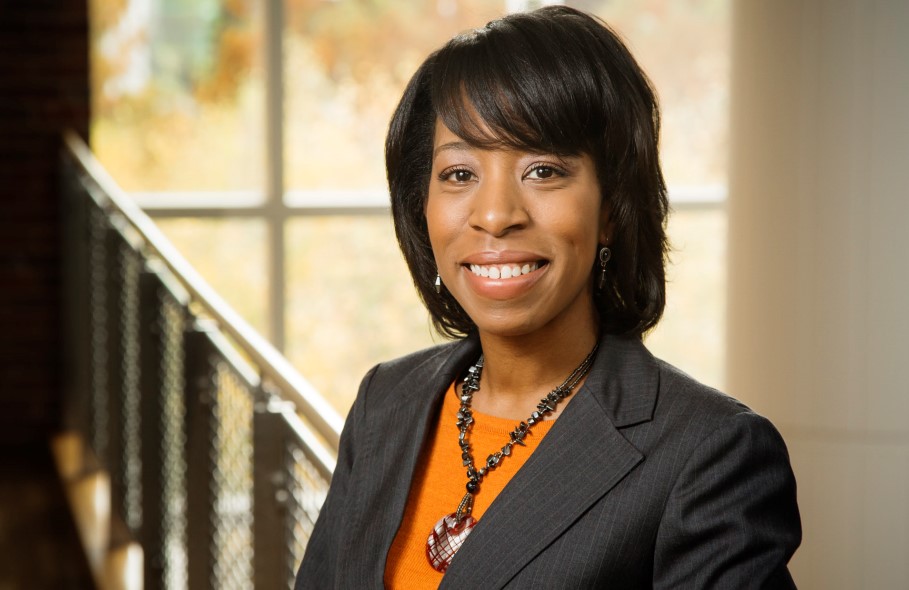Professor says unlocking opportunities for inmates through postsecondary engagement is crucial
by Eboni M. Zamani-Gallaher / May 23, 2016

Twenty-five percent of the world's prison population resides in the U.S. penal system, yet Americans comprise just 5 percent of the global population. The majority of those serving time are overwhelmingly from underserved communities with large numbers of low-income people, often people of color, who are disproportionately behind bars.
The cost of maintaining the prison system to taxpayers is substantial. Each year more than $80 billion dollars is spent on incarceration in the U.S. With growing inequities evident in the correctional system, it is imperative that college access reach all populations, including incarcerated individuals.
Recent activities that focus on building this access and uplifting inmates have been promising. During the week of May 2, for instance, President Obama hosted a prison education reform meeting at the White House. In attendance for the conversation was Professor Rebecca Ginsburg, director of the Education Justice Project, a prison education program involving collaboration among the University of Illinois at Urbana-Champaign, Danville Area Community College, and the Danville Correctional Center.
If the U.S. is to have a productive and educated populace that is globally competitive in today’s diverse knowledge economy, we must acknowledge the grave implications of the failure to extend college to the masses. Community colleges are key in the important efforts to building educational equity and redirecting the pipeline to prison to a pipeline that feeds into robust education opportunities for all.
Read more from Dr. Eboni Zamani-Gallaher, who is a professor in the Department of Education Policy, Organization & Leadership and director of the Office of Community College Research and Leadership.